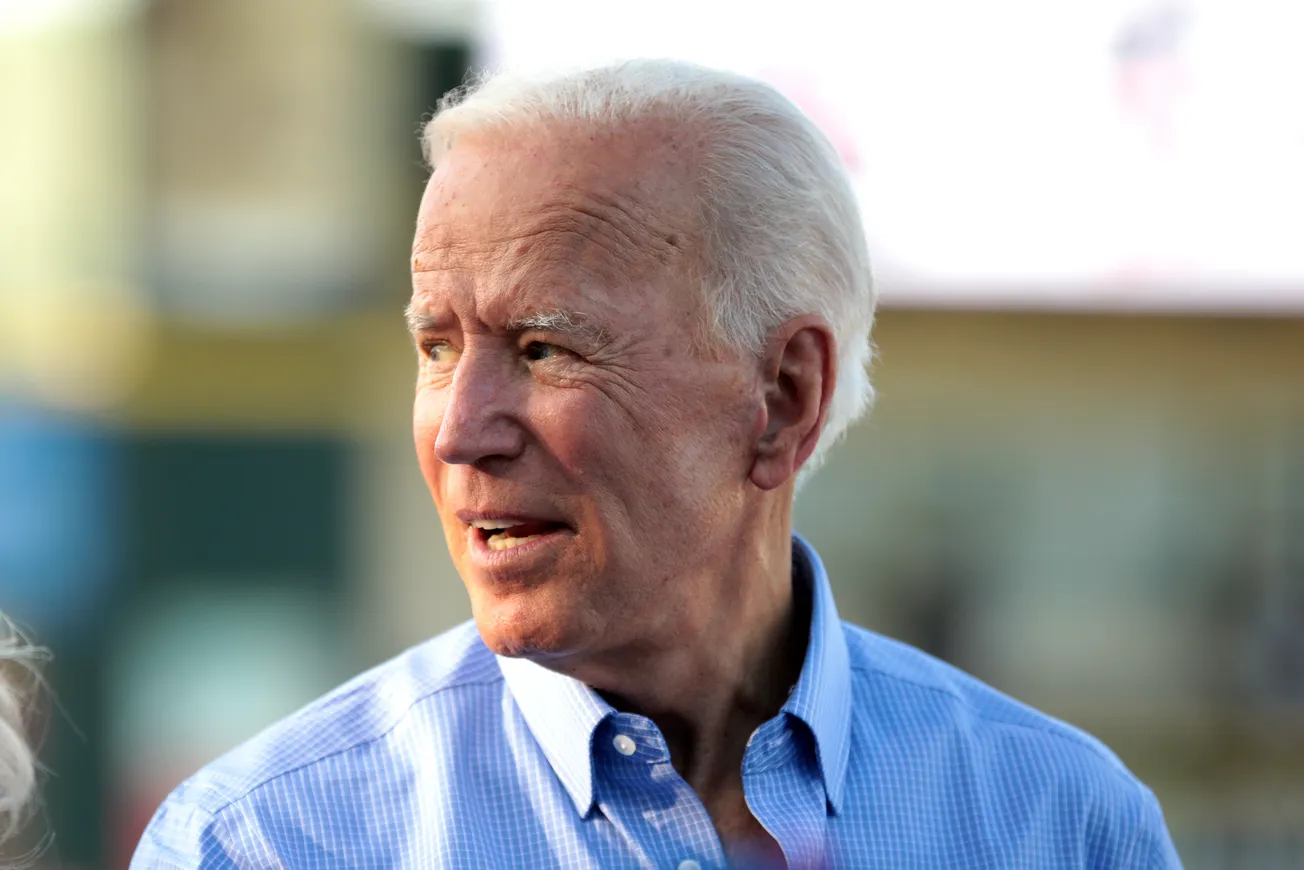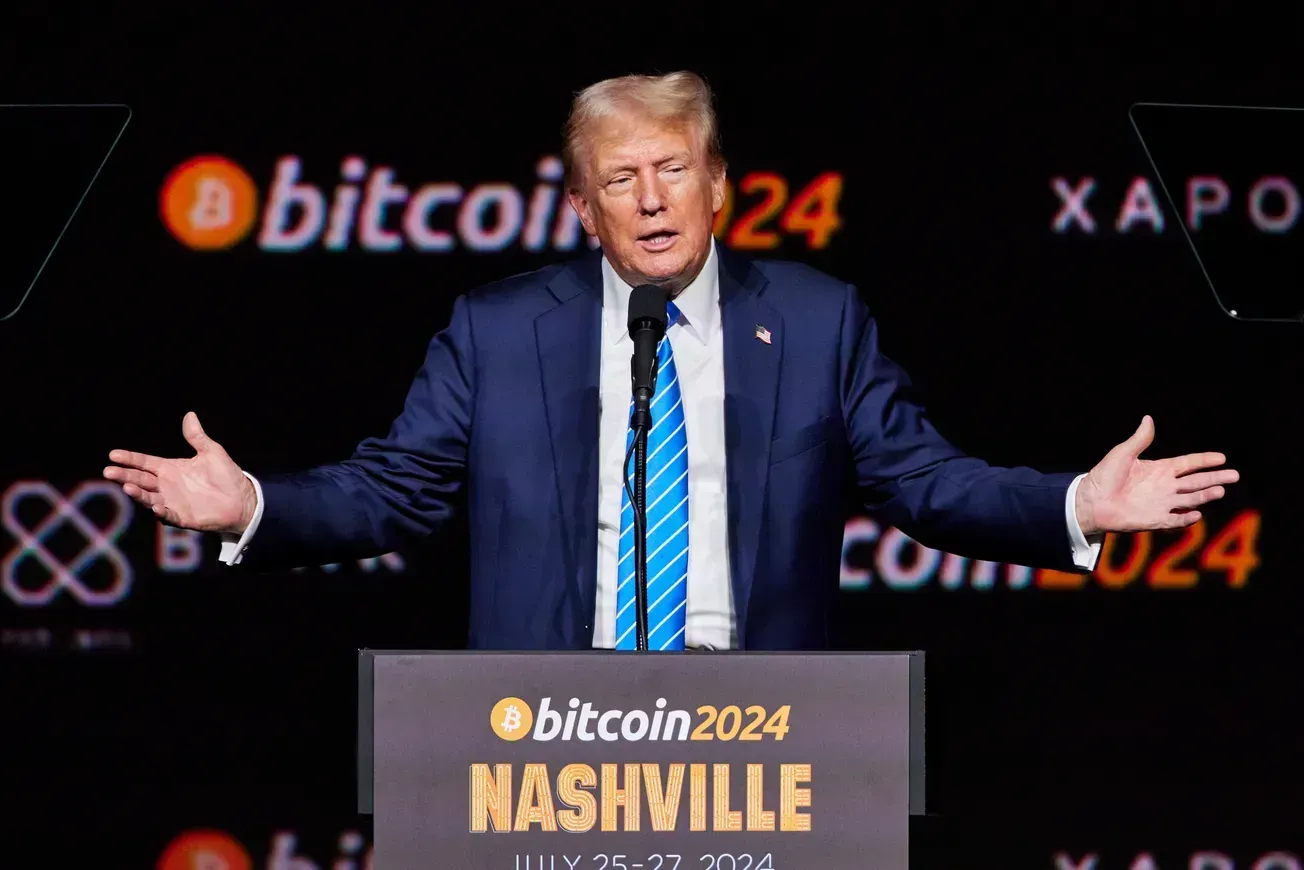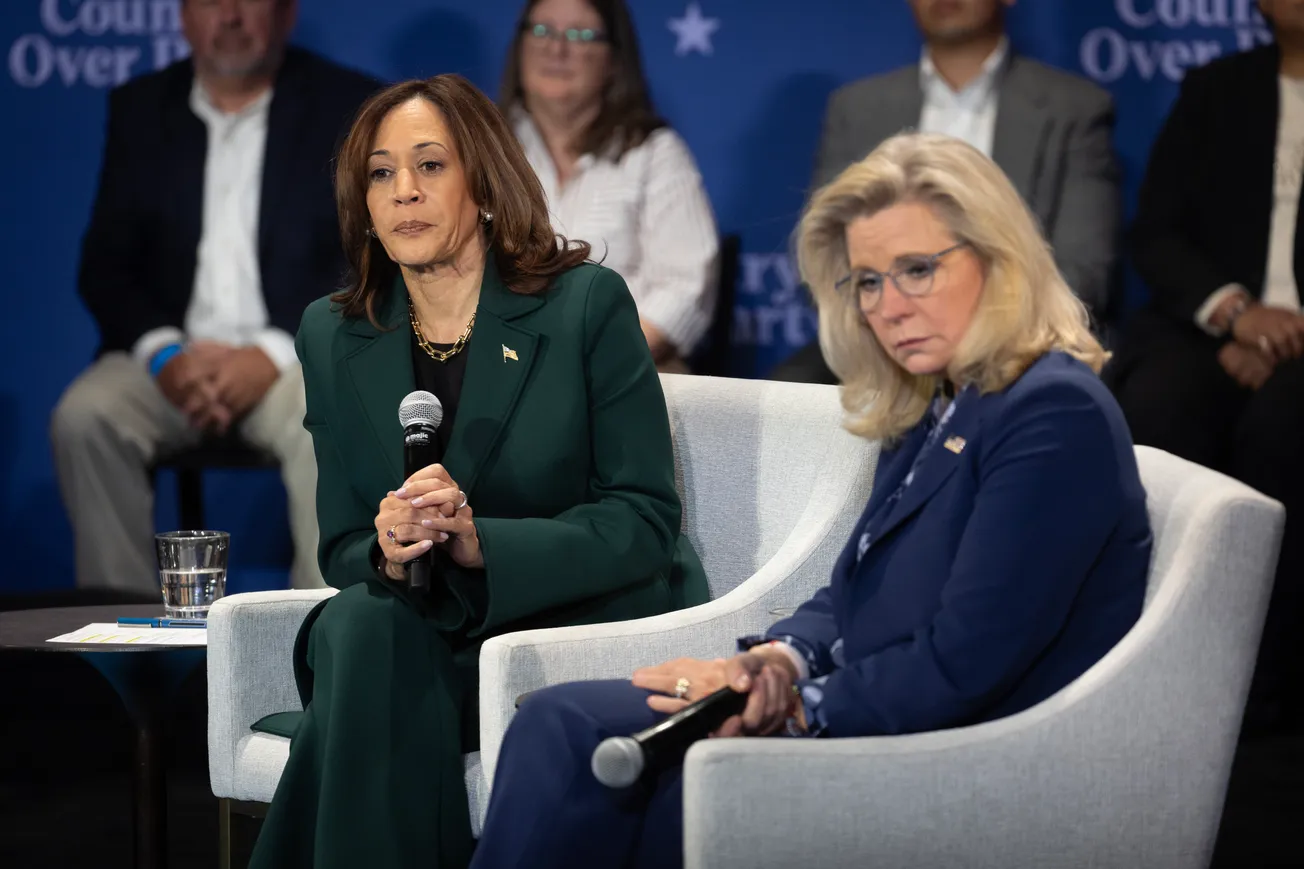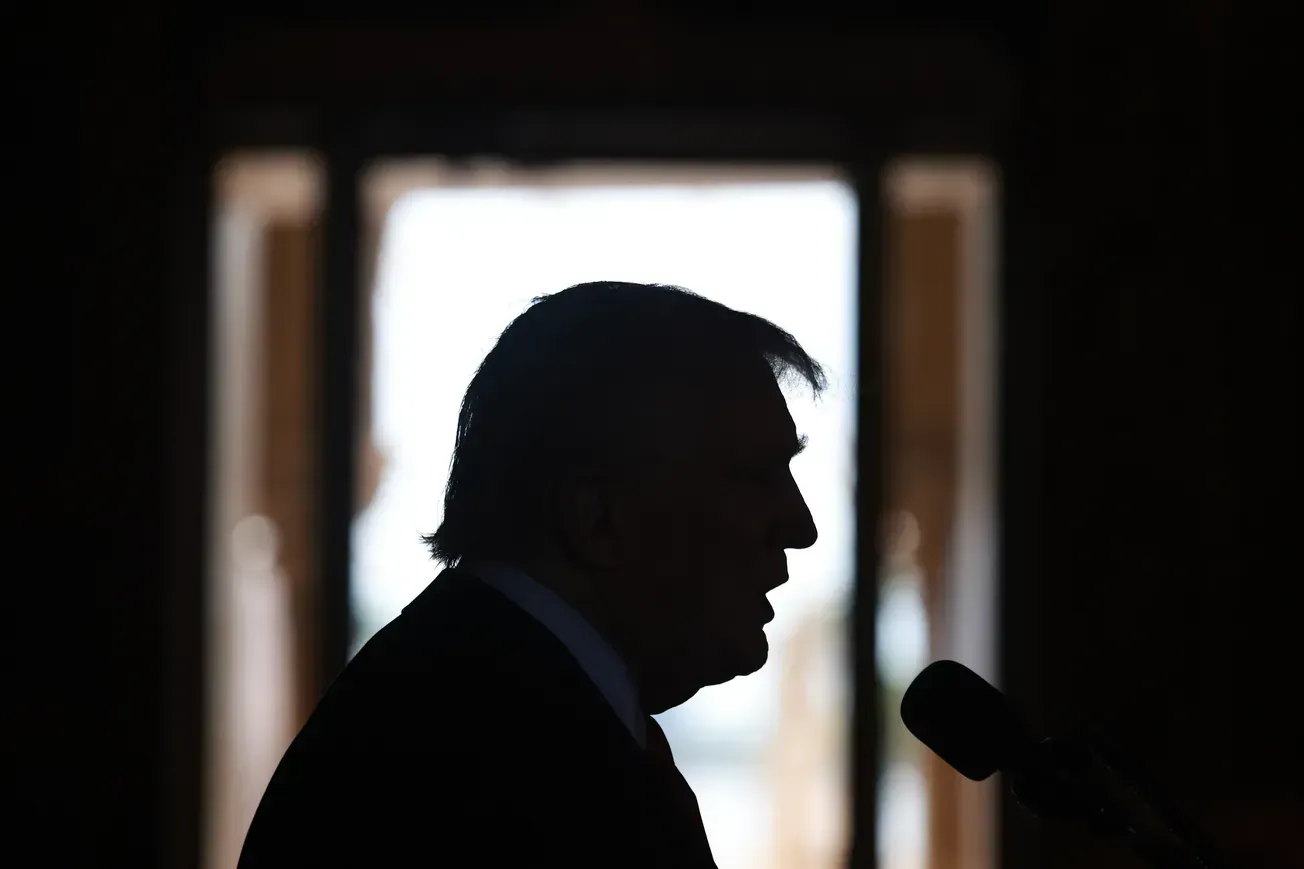One of President Joe Biden’s signature promises during the 2020 campaign was that he would “unify the country.” Now, a little more than a year into the presidency, most Americans don’t feel he has lived up to his promise. In fact, the latest I&I/TIPP Poll shows they feel America is divided, not united, under Biden.
“I pledge to be a president who seeks not to divide, but to unify; who doesn’t see red states and blue states, only sees the United States,” Biden told followers after declaring victory on Nov. 8, 2020.
That speech was seized on by many as a sign that years of bitter divisiveness brought on by non-stop investigations and two impeachment efforts against former President Donald Trump were over. The often-expressed hope was that civil political discourse would be restored, and Americans would once again show toleration and understanding for others’ beliefs.
This, in turn, would lead to a new spirit of bipartisanship and policy cooperation in Congress.
Unfortunately, average Americans don’t see things that way.
The I&I/TIPP Unity Index, a proprietary barometer of the country’s unity created by TechnoMetrica, rose to 30.5 in March from its lowest-ever 27 in February. A reading above 50 signals more unity, below 50 signals less. It’s based on the question: “In general, would you say the United States is Very United, Somewhat United, Somewhat Divided, or Very Divided?”







